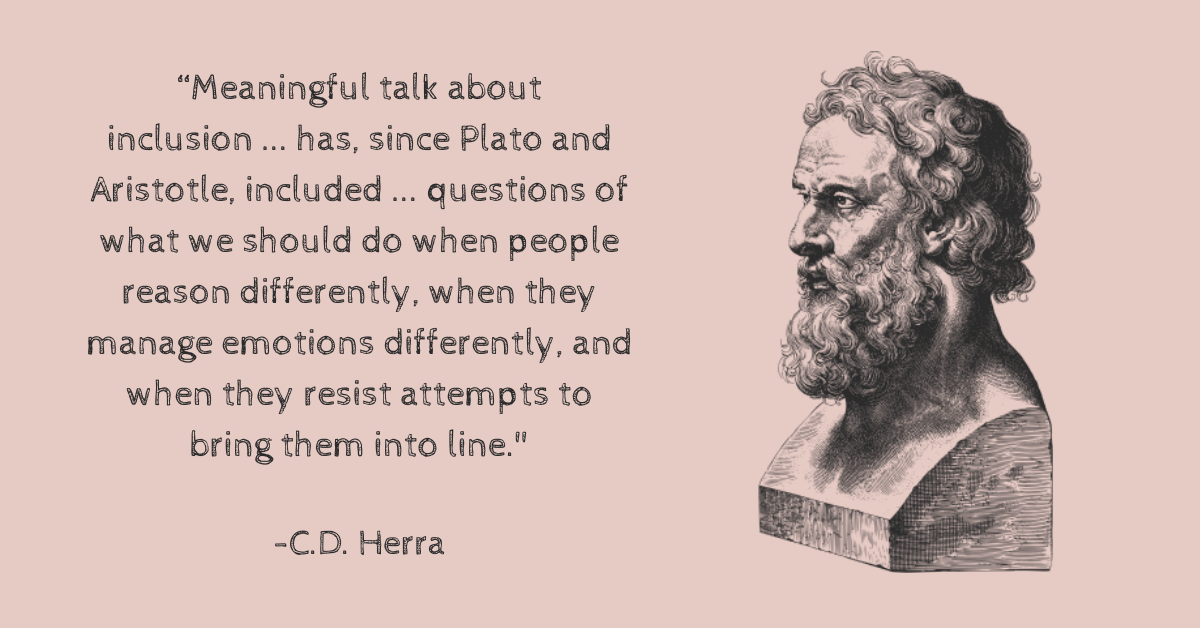|
What is the difference between morality and etihics? Morality is a personal moral code of good, while ethics is that which is accepted universally. Whereas morality might be different from an individual to another, but ethics is what might be common all members of a profession like medicine, law, engineering, or social work. When it comes to professional ethics, especially medical ethics, we need to be very careful in safeguarding the right of patients by scrutinizing our actions so that we work based on universally accepted values of our profession. In terms of mental health, perhaps sometimes, professional ethics might not be so well adhered to as we may want it to, because of the unique stigma attached to mental health patients. Thus, diabetes or high blood pressure patients might not be considered as negatively as schizophrenic patients, for example.
The fact that mental health patients, at some point, may lose their ability to make best judgements about their own health and might lose the right to make decisions about themselves, unlike patients with physical health issues, gives the treatment team the "license" to decide or influence their health decisions. This issue of independence is a very sensitive issue in mental health ethics, which is unique for it. Mental health ethics needs to ensure that it is not abused by subsitute decision makers. Sometimes, mental health patients have a lot of false hype associated with them. They might come in with exaggerated reports about their past activities from family members, social media, community, or news sources. The treatment team needs take such auxilliary information wtih a grain of salt, so that does not taint their judgement in terms of any prejudice or personal bias without interacting first hand with the patient. Before making judgements and decisions, they should soak up all the information after spending time observing and engaging with the patient for a significant time (perhaps at least 2-3 weeks). The nature of dependence when it comes to mental health, means that there is always the possibility that other sources of information (from caretakers, neighbours, and authorities) might be biased considering that they might have something to gain from the vulnerability of the mental patient and their situation. In certain situations, the social hype might get the better of them in terms of the their judgement. Sometimes, societal pressure is too much for mental health workers to uphold professional ethics when it comes to certain stereotypes. They might end up believing half truths, distored information, and false propaganda. Thus, they end up making judgements and decisions after 15 minutes of interviewing the patients, based on superficial cues from their manner of speech, appearance, and desperate circumstances in which they come in for treatment. In such situations, whatever the patient says bears little weight in contrast to what the treatment team "thinks" is true as the element of trust is missing, unless the patient manages to regain their trust over time. Many mental patients lose their independence to their abusers due to a lack of proper respect to mental health ethics by practitioners who might lack proper judgement. Such societal bias is always present due to some negative connotations associated with certin groups of people. With hindsight, we can better appreciate how Japanese American citizens were mistreated after the Second World War or how McCarthyism caused innocent citizens to be "labelled" as Communist sympathizers in the 1960s, and how someone trying to practice Islam holistically and beautifully, might end being labelled as a "fundamentalist", with mainstream media churning out blockbusters and news reports laced with Islamophobia these days. How can we truly "know a person", unless we travel with them, financially deal with them or live with them? So unless, the treatment team has the luxury of getting to really know the patient as an inpatient over a prolonged period, it becomes very difficult for the mental health patient to reestablish trust and regain their independence. A rational and conscientious treatment team, realizes the real issues at stake in a mental health patient's history, and has the courage to reverse judgements when they realize their mistakes. Mental health ethics entails realizing that God ultimately knows the patient the best, then the patient has knowlege about themselves (although mental health issues can cloud self awareness). It is only after God, and the patient, that others have insights into the mental patient's situation. Nevertheless, they are human and their reports are naturally biased based on their own role in the patient's mental health.
0 Comments
Leave a Reply. |
AuthorWrite something about yourself. No need to be fancy, just an overview. AuthorOzair Khan Archives
August 2023
Categories |

 RSS Feed
RSS Feed